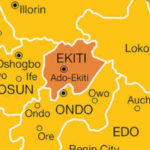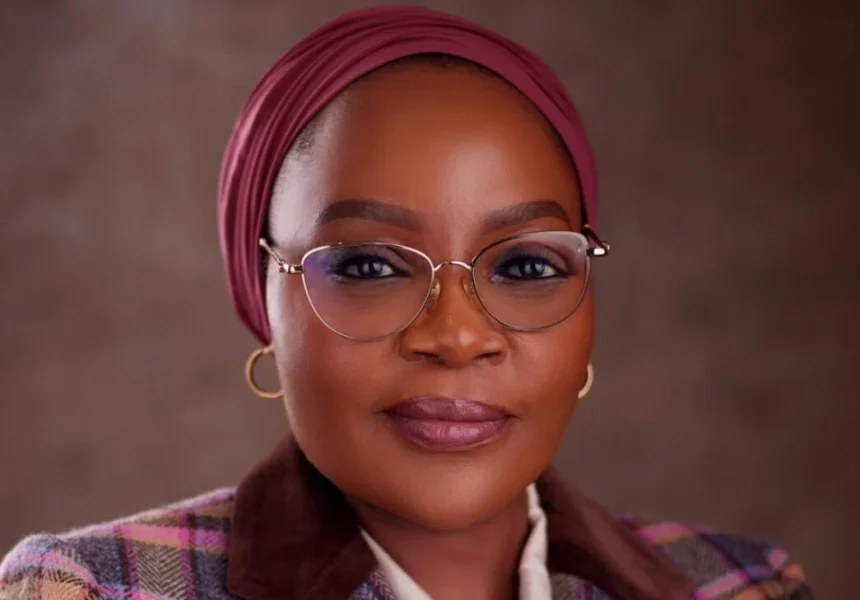The Federal Government has introduced a new policy to make the teaching and learning of sign language compulsory in all basic education schools across Nigeria.
The Executive Secretary of the Universal Basic Education Commission, Aisha Garba, made this known on Thursday during the 2025 International Day of the Girl Child celebration with the theme “Lead a Change: Learn Sign Language Today.”
Garba said the policy is part of the government’s plan to make education more inclusive, especially for hearing-impaired children. She added that education remains the greatest equalizer, and inclusion is key to ensuring no child is left behind.
She explained that the theme of the event was a reminder that inclusive communication is not a privilege but a right.
“We celebrate not only the potential of the girl child but also reaffirm our duty to amplify her voice, protect her dignity, and prepare her for leadership, no matter her challenges,” she said.
Garba noted that the government has already put a structure in place to support the new policy, including building ramps and other accessibility features in schools to aid children with disabilities.
“Imagine a country where hospitals, banks, airports, and schools have sign language interpreters — a system without communication barriers for our hearing-impaired children. That is the future we are building,” she added.
The Minister of State for Education, Professor Suwaiba Ahmad, also said the administration of President Bola Tinubu is committed to removing all barriers to education.
She said every child, regardless of background or disability, deserves the right to learn and be heard.
“This moment reaffirms our commitment to inclusive education and to the belief that talent grows when opportunity, support, and confidence meet,” she said.
Sign language education has continued to gain more recognition in Nigeria as efforts grow to make learning accessible to the deaf and hard-of-hearing community, with American Sign Language widely used in schools and interpretation services.











